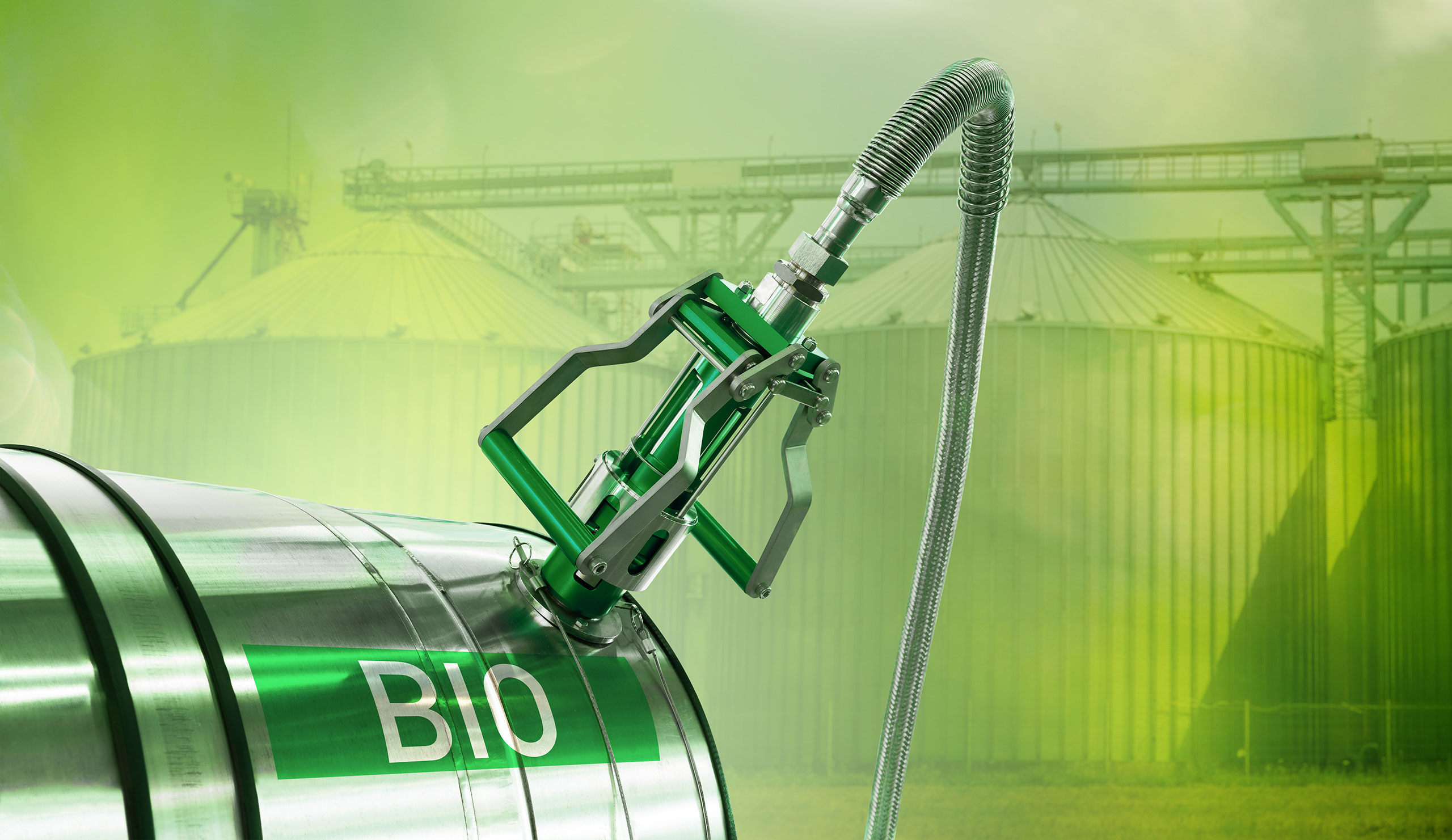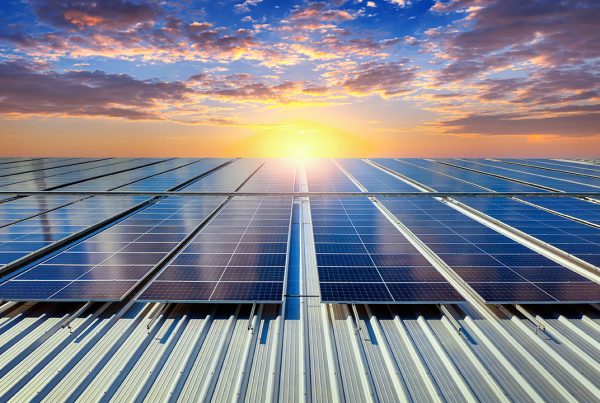Biofuels are renewable alternatives to fossil fuels, with the aim of reducing greenhouse gas emissions in the transport sector and improving the EU's security of energy supply. Biofuels have become an integral part of EU climate and energy policy.
In 2021, almost 93 % of the energy used in road and rail transport in the EU came from fossil fuels, according to the European Court of Auditors report. According to this document, most Member States have not reached their 2020 targets for the share of renewable energy in transport and the reduction of greenhouse gas emissions intensity.
The EU supports the introduction of biofuels from waste and residues by funding research and demonstration facilities. In the 2014-2020 programming period, EU support for research amounted to around €370 million. Research funding in this area focuses on biofuels from waste and residues.
What are biofuels?
Biofuels are liquid or gaseous renewable fuels produced from biomass (cf. European Court of Auditors).European Commission Solid biofuels also fall into this category: "Biofuels are fuels derived directly or indirectly from biomass. Biofuels can be divided into three categories:
-
- Solid biofuels (fuel wood, wood residues, wood pellets, animal waste, plant material)
- Liquid biofuels (biogasoline, biodiesel, biokerosene)
- Biogas (from anaerobic fermentation and thermal processes)".
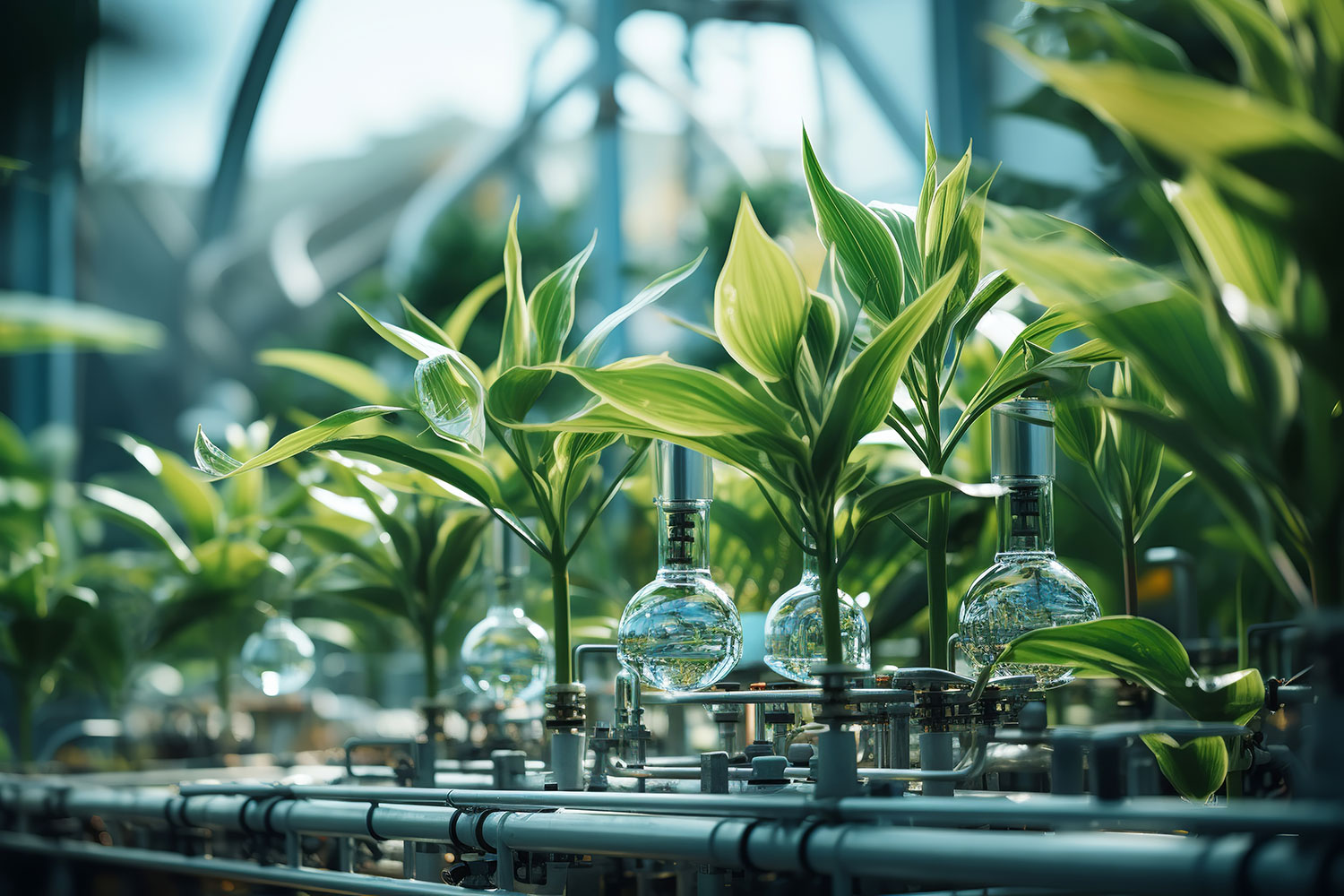
How many types of bi-fuel are there?
In addition to the above classification, biofuels can be divided according to their feedstock and production technology into:
-
- first-generation biofuels - from edible raw materials;
- second-generation biofuels - from agricultural by-products or cellulosic materials;
- third-generation biofuels - feedstocks grown in the aquatic environment;
- fourth-generation biofuels - genetically improved micro-organisms.
For more information on the classification of biofuels, please read our dedicated article.
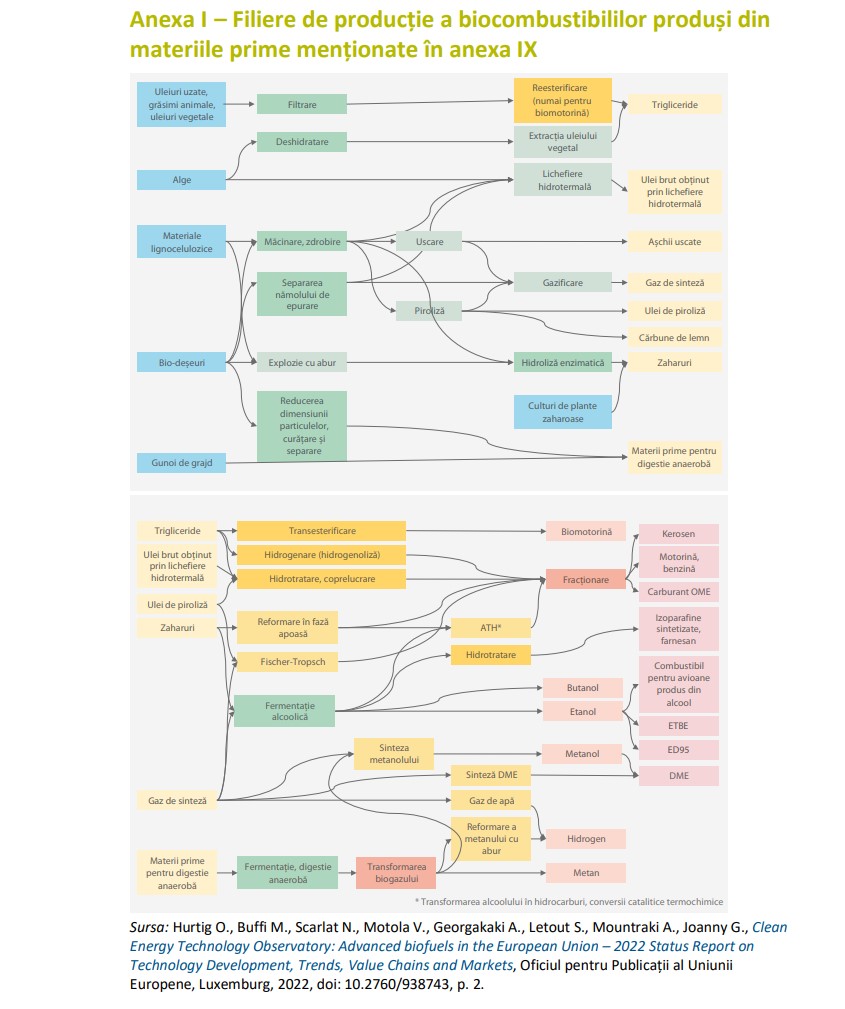
Is this technology new?
Investment in commercial biofuel production began in the 1970s to reduce carbon dioxide emissions.
What are the advantages of biofuels?
Sustainability Biofuels are renewable energy from plants. The plant mass is continuously growing, so it is a permanent source of raw material. Because there are a variety of plants that can be used as feedstock, the possibilities for biofuel production are very varied. Another benefit is that plants grown for biofuels use significant amounts of CO₂ in the atmosphere for photosynthesis.
Compatibility with current technologies. Biofuels are suitable for use in long- and short-distance transport, with the benefit of low emissions, with zero or limited engine modifications. Performance in use is good, even including engine longevity benefits.
Environmental protection The use of biofuels leads to lower greenhouse gas emissions (with values up to 86%) and the amount of pollution in cities. At the same time, it can have indirect environmental benefits, such as reducing the amount of waste going to landfills, reducing landfill emissions (decarbonisation benefit of this sector).
What are the challenges in biofuel production?
Impediments linked to the specific climate At low temperatures, biodiesel turns into a gel. But biodiesel can be used in blends with conventional diesel. And this is not the only example of a sustainable fuel that can be used with fossil fuels: bioethanol can be blended with petrol and biodiesel with fossil diesel. Biofuels are thus a factor of continuity in the oil and gas sector, by keeping downstream units in business and preserving the workforce. In 2021, biofuels will account for 4.3% of global road transport fuels, according to the European Court of Auditors report.
Pressure on water and food sources. The production of biofuels requires feedstock from agriculture, which could lead to the predominant cultivation of certain types of plants or even higher prices. Also, energy crops such as soya, oilseed rape, sunflowers and even maize require irrigation and the use of large amounts of water, which could affect water resources in these areas.
The solution comes from recycling and using materials that have reached the end of their life cycle. A very important source of raw material is waste and residues such as edible oils.
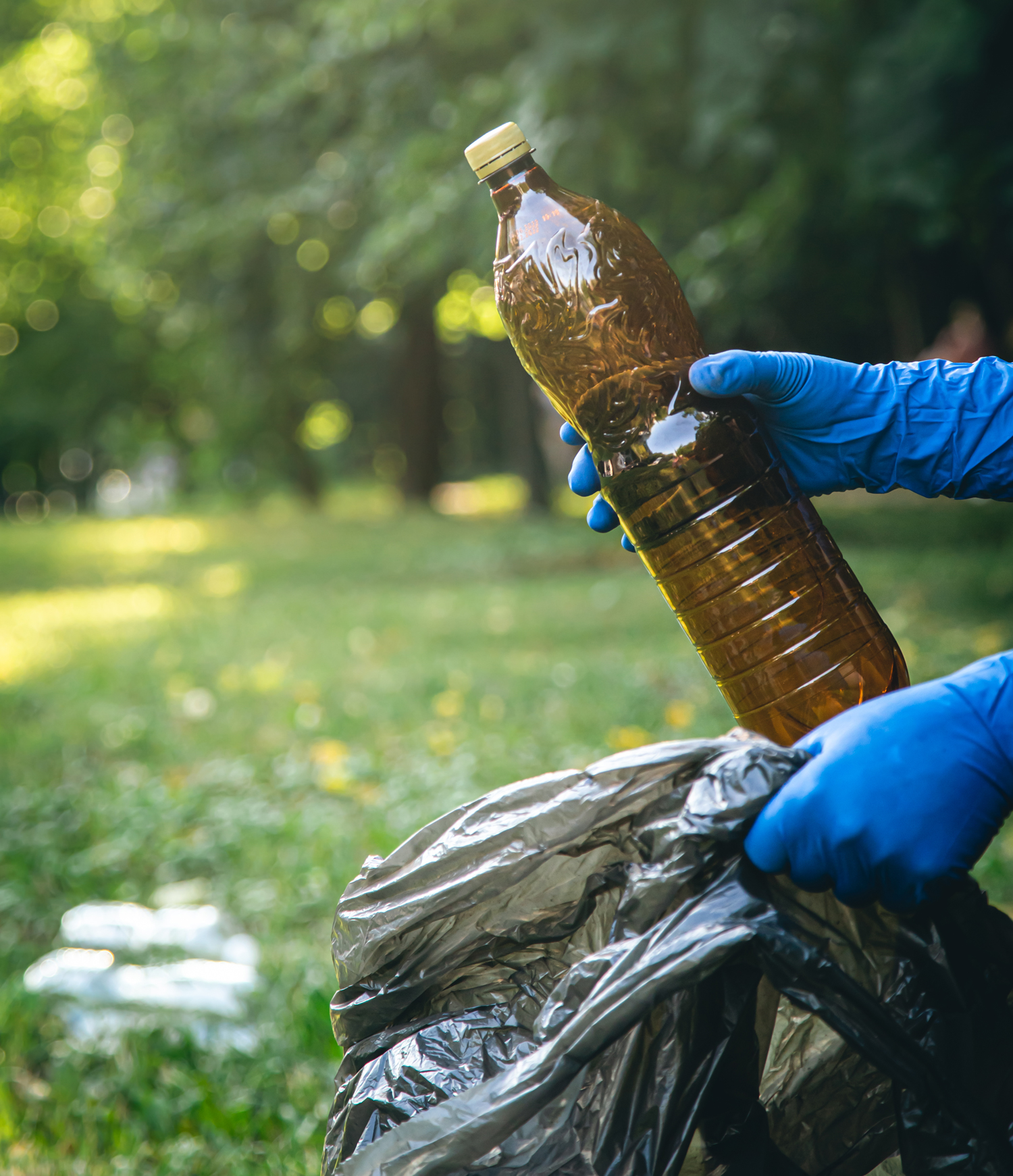
High prices For the time being, as with other technologies that have not developed a market (e.g. hydrogen), biofuels are more expensive to produce than conventional fuels. However, as demand for biofuels increases, prices will fall.
What are Romania's prospects in terms of biofuel production?
Energy crops are an area in which Romanian agriculture is a leader. For example, in the case of sunflower cultivation, our country was in 2023 1st in the EUThe total harvest was 2.079 million tonnes from a total of 1.082 million hectares, both in terms of production and area under cultivation.
Rapeseed, one of the most important biofuel feedstock crops, our country ranked 4th last year, according to European estimates in May. France (4.8 million tonnes), Germany (4.5 million tonnes), Poland (3.4 million tonnes) and Romania (2.2 million tonnes) are ranked as follows: in 2023, our country recorded record rapeseed production, but this follows a decade without significant results.
A domestically produced raw material is a step towards national energy independence, but at the same time it means better prices for farmers when selling agricultural products and an extra chance for rural business development.
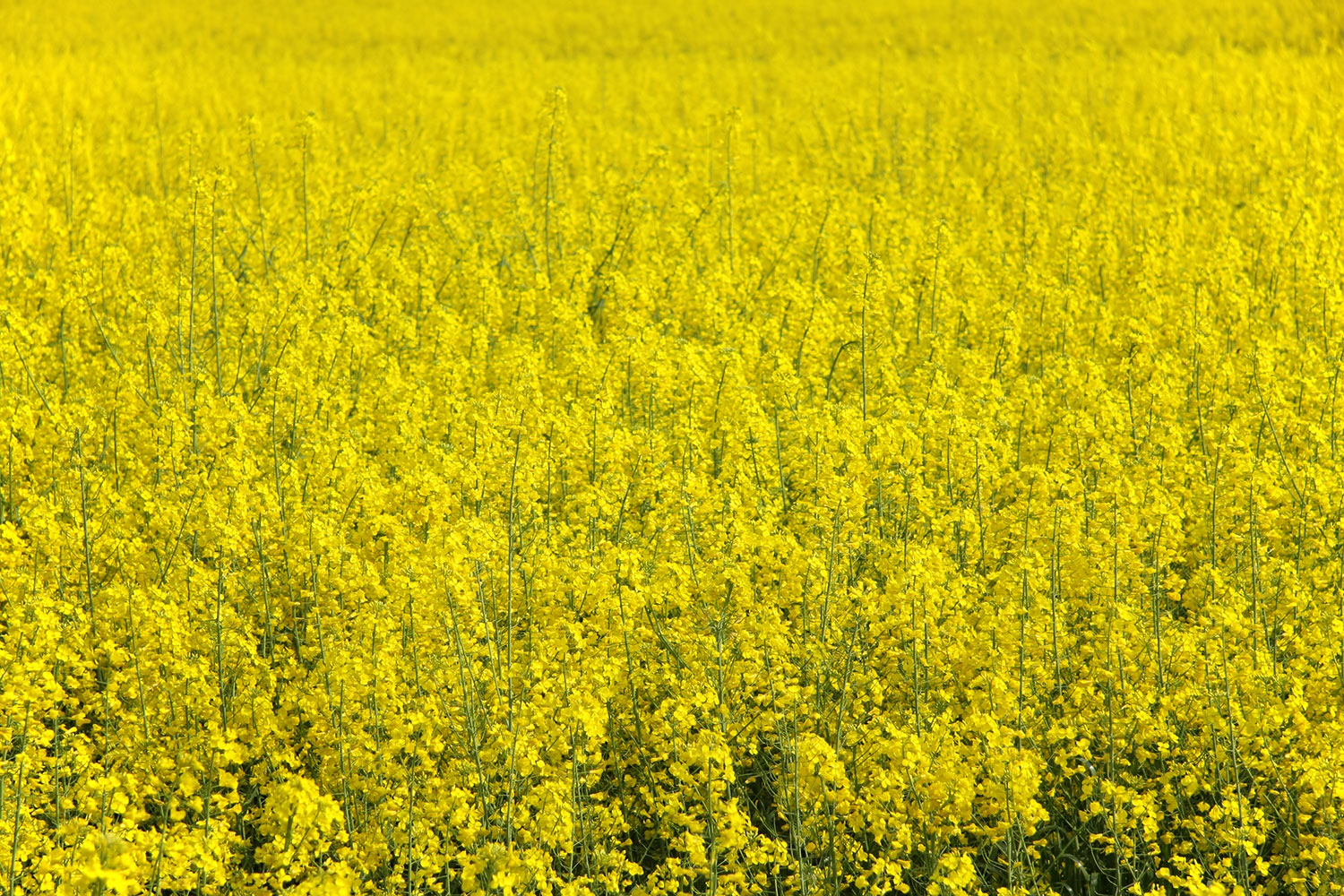
Is waste oil a viable option for dual-fuel production in the country?
According to a ordinances approved by the Government in June 2023, petrol and diesel must contain at least 8% and 6.5% biofuels respectively. This measure was decided in order for our country to reach its target of using at least 10% of renewable energy in transport.
In Romania, there are already many private initiatives to collect waste oil. This measure could have 2 major benefits:
-
- Environmental protection: waste oil spilled into soil or water is a significant pollutant.
- Supply of feedstock for biodiesel production.
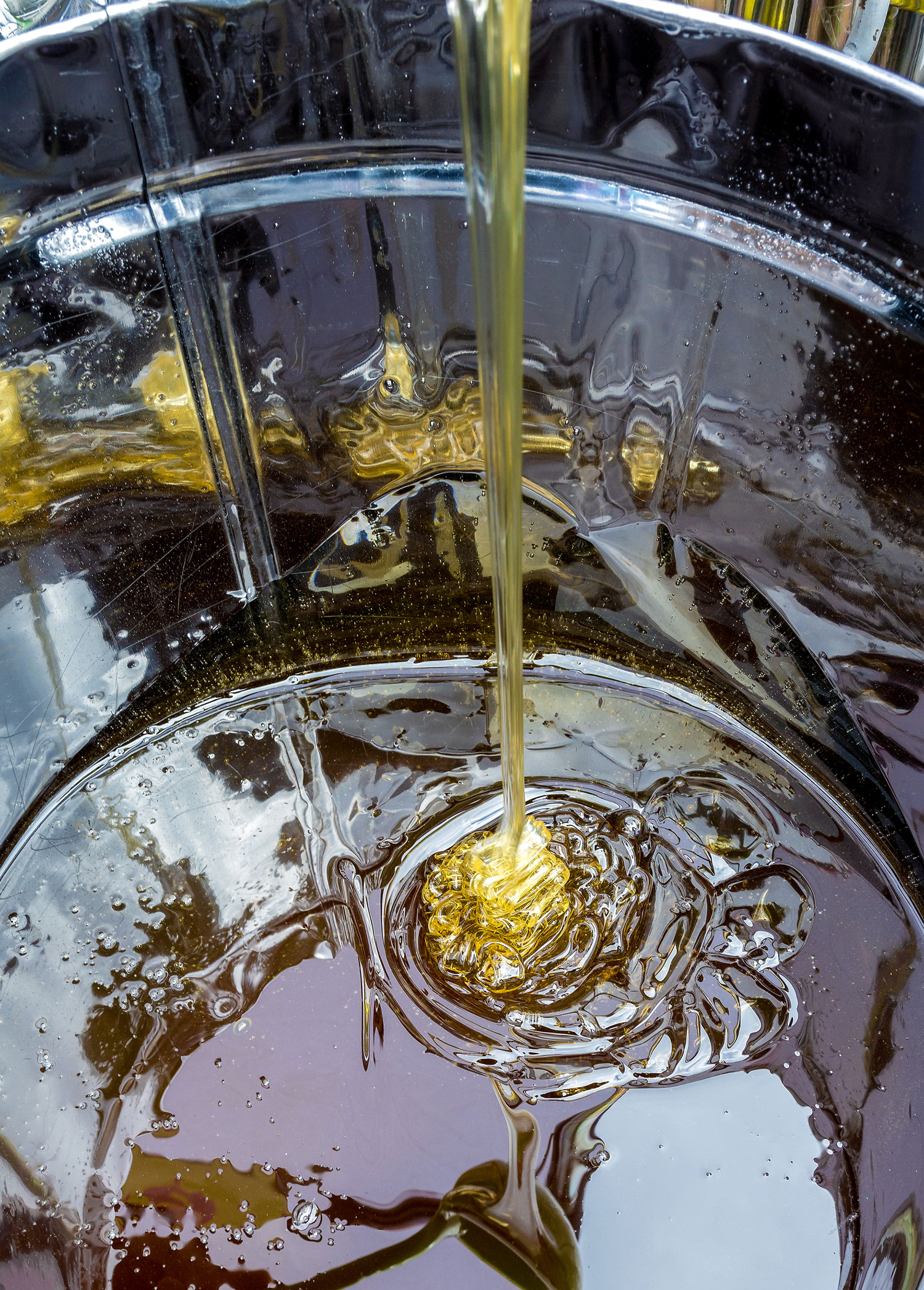
"Romania has the chance to become the most important biofuel producer in SE Europe.",
said Radu Căprău, First Vice-President of Concordia Federation.
This requires both a legislative framework to support the production and use of biofuels and measures to educate the public about the benefits of collecting waste oil.
More information about biofuel production using waste oil can be found in the podcast EM360 Talk dedicated to this topic, they had as guests Radu Căprău, First Vice-President of the Concordia Federation and Răzvan Exarhu, Producer and radio and TV producer.


